|
12/1/2022 Western Media Has Not Much Evolved From the Era of the Yellow Peril in Its Routine China-Bashing By: Felix AbtRead NowDistorted coverage of alleged removal of Hu Jintao from Communist Party Congress is par for the course along with other recent coverage.It is common for Western media to automatically imply or label everything that happens in China as “evil.” The most recent case concerns the events surrounding former Communist Party Chairman Hu Jintao at the 20th National Congress of the Chinese Communist Party in Beijing. [Source: jpost.com] “A ghostly scene at China’s top of power: Xi Jinping’s predecessor is taken away. The ‘new emperor’ is reaching for absolute power. What are the consequences for the world?” This is the title and the introduction of the newspaper Die Weltwoche to a German-language article by the British historian Francis Pike, in which he writes: “Hu’s media-fueled removal takes on the appearance of a political drama reminiscent of Chairman Mao’s brutal purges of party members in the 1950s.” He is referring to a video from the Chinese Party Congress showing former party leader Hu Jintao allegedly being “forcefully taken away.” “The removal of Hu from the hall occurred mere minutes after foreign media were allowed into the Great Hall,” Pike adds. This immediately raises the question of why Xi Jinping should wait to “remove” Hu Jintao until Western media are on the scene, having only waited for such an opportunity to pillory the “cruel and inhumane dictator Ji Jinping”? Ex-Chinese President Hu Jintao being removed from Communist Party Congress on October 22, 2022. [Source: nypost.com] As for Xi Jingping’s dictatorship, it is worth noting in passing that last month at the Athens Democracy Forum (in collaboration with The New York Times), a scholar from the University of Zurich was asked to comment on democracy in China, and her response was not exactly what one would expect with so much Western dictatorship talk: In recent years, under Xi Jinping, there have been increased “democratic experiments, for example, to allow greater citizen participation and to make local government officials more responsive and accountable to citizens.” This is all the more remarkable because, in the so-called democratic West, the trend is in the opposite direction, namely toward a creeping dismantling of citizens’ democratic rights. And, as might be expected, the media did not report on it because, unlike Hu Jintao’s earth-shattering “removal” from the convention hall, it was apparently an insignificant detail that would also upset their China narrative. [Source: biz-at-it.blogspot.com] Unwelcome details blanked out The same media did not mention that the frail 80-year-old man, who left a somewhat bewildered impression, had been escorted to and from the convention for several days during the Party Congress and before the “forced removal” hyped by the Western media on the last day of the Congress. Here, for example, you can see Xi Jinping taking care of him as a friendly usher. Cutting away an important part of the message and changing perceptions with misleading text is manipulation and is—rightly!—castigated by the same media when it is done by China. “Child soldiers” in newsrooms turned into shooting galleries drop speculative bombs on China: Young German journalist Fabian Kretschmer writes from Beijing for the Neue Zürcher Zeitung (NZZ) and various other media in Germany, Austria and Switzerland, as well as “for the history books.” (Above translation into English by Felix Abt) That Hu Jintao has a health problem was first noticed by China observers at the 2019 National Day parade, when he was seen on the Tiananmen Balcony in Beijing with his hands shaking badly. Immediately prior to the incident at the Party Congress, Hu Jintao participated in the election as the second eligible voter, just after Xi Jinping, who cast his vote at the ballot box. In a society that is much more Confucianist than Communist, this symbolic placement in the vote signifies great respect for the elder statesman. The Western media also blanked this out of the overall picture. This made it easier for them to construct a coup, a purge and a humiliation of the former president. On the Chinese evening news (in the video starting at 5:21), Hu Jintao was shown casting his vote after Xi Jinping had cast his vote at the ballot box and just before Hu was “removed.” [Source: cctv.com] If Hu had really been purged during the day, as Western media claimed, it is highly unlikely that Chinese television would have shown him in its report in the evening. According to George Soros, Xi is the “most dangerous man in the world.” The “most dangerous man in the world” according to George Soros: Yes, Xi Jinping invaded Iraq and destroyed Libya. He has killed children in Venezuela, Palestine and Afghanistan with military weapons or the “sanctions” hunger weapon. He has supported extremists and murderers in Syria and Nicaragua. He has reduced the citizens of Iran and Cuba to misery with embargoes. He is running a genocide in Yemen. He is waging drone wars all over the world, wiping out innocent families and wedding parties.—Sorry, I mistyped that one: It’s the morally superior opponents of Xi Jinping who are supported by the speculative billionaire and do-gooder Soros! [Source: investopedia.com] Political purge and humiliation for the history books or disruption of “worship”? Little was heard from the official Chinese side about the incident, apart from a tweet from Xinhua News Agency saying Hu “did not feel well” during the meeting. A report by Singaporean TV station CNA added an important detail that Western media representatives who were in the room seemed to have deliberately ignored: Hu had been looking at some documents on the table in front of him and apparently had a disagreement with the current chairman of China’s legislature, Li Zhanshu, who was sitting to his left, who took the documents out of his hand. And when Li Zhanshu tried to get up to help Hu stand, Li was briefly dragged back to his seat by Wang Huning, a party ideologue and former professor of international politics to his left, making matters even more confusing. Xi stopped this disruption to the choreographed party meeting and summoned a staffer, who then tried to get Hu to leave, and who then escorted him out of the room. The video also shows that Hu, after standing up, first hovered in place, then took a few slow steps, then stopped and turned to Xi, who nodded briefly but continued to look at the assembled delegates. Chinese leader Xi Jinping (bottom left), Li Zhanshu, and Wang Huning (right), look on as former leader Hu Jintao (center) speaks to Xi as he is helped to leave early from the closing session of the 20th National Congress of the Chinese Communist Party at The Great Hall of the People in Beijing, China, on October 22, 2022. [Source: theepochtimes.com] Claimed purge makes no senseIf it had been a dispute, the incident would have been extraordinary, because in communist parties, which are not known for their transparency, disagreements are settled behind closed doors, and in any case not in front of running cameras from the whole world. So one would need to know what is in the documents. A former Chinese insider told the BBC, “Why would the party put a document on Hu’s desk if he wasn’t allowed to see it?” Bill Bishop of the China newsletter Sinocism stated that the “purge claimed by the media doesn’t make sense that way.” Hu Haifeng, Hu Jintao’s son and party secretary of Lishui, Zhejiang, also sat in the room. “A purge of one without the other would be unlikely,” Bishop explained. Hu Heifeng [Source: taiwannews.com] A real China insider was interviewed by the Hong Kong-based South China Morning Post. When asked about Xi Jinping’s possible motives for the alleged “forced removal” of Hu Jintao, he replied: “Xi is certainly not shy about taking drastic action, but his obsession is to restore party discipline through rules and procedures. He has never gone the way of Stalin or North Korea of just making his enemies disappear. Even with his bitterest foes—such as Bo Xilai, Zhou Yongkang, and Guo Boxiong, people who, in fact, plotted a coup against him—Xi took them down, but did everything according to the procedures. He is a stern but not an arbitrary ruler. His books and speeches have more citations from China’s Legalism school than anything else. Legalism (a bad translation) stresses the importance of rules and regulations over arbitrary power. If anyone wants to challenge Xi, it would be incredible for them to do so on the last day of the party congress, which is mainly for formal endorsement and communication. The debate and negotiations happened behind the scene MONTHS beforehand. There were plenty of opportunities for the two to argue if they didn’t agree with each other. This was simply not the case.” Why have some Western media platforms gone wild with speculation, including suggesting it was a purge, the interviewer asked: “This is the problem I have with the Western media and those ‘experts.’ You can be critical of the Chinese system, and you may dislike it intensely, but you at least need to understand what you are criticizing. Their imagination of China is just a plus-size North Korea, a modern-day Stalinist state, or the new Nazis. In fact, many Western media just borrow the same analytical tools they used to analyze the Soviet Union or North Korea or even Nazi Germany and apply it to China. This is what I call the intellectual Procrustean bed they have forced on everyone studying China. Sometimes it can get really ridiculous. It’s either laziness or dogmatic rigidity or having an agenda—or a combination of all these. There are many problems in Xi’s system, and so far he and the party have not come up with convincing answers to them. But to imagine it simply as another Soviet Union or North Korea is missing the point. If people start to make decisions based on such skewed views and perceptions, that will lead to real-life consequences. Hong Kong is a living example of it.” So it is okay to criticize the Chinese system harshly, and pundits and the media may deeply loathe it, but they do so while being quite clueless. Also, contrary to the predictions and speculations of experts and media in the West in the run-up to the Party Congress, the “Xi Jinping Thought on Socialism with Chinese Characteristics for a New Era” was not shortened to Xi Jinping Thought in the Constitution, nor was Xi given new descriptive titles such as “Leader/领袖.” [Source: english.yunnan.cn] Further background and insights censored by the Western media There are two other key current things that pundits like John Pike and the mainstream media will not tell you:
The reason that modern medicine, including hospitals with intensive care units, lags behind the rest of the world in China is that the Chinese believe in their traditional medicine (acupuncture, herbal medicine, diet, exercise, and manual therapy to correct imbalances in the body and promote mental and physical health) because it has been used for thousands of years and is steeped in tradition, belief, popularity and anecdote. Western remedies are far less popular because the vast majority of Chinese also believe that traditional Chinese medicine has fewer side effects and has a stronger restorative effect on the body. In contrast to the seemingly completely out-of-touch Western media, East Asian media, which have a far better understanding of China, used less charged language related to Hu Jintao’s escort out of the Party Congress hall. It is also important to note in this context that, unlike Europe, Asian countries do not want to be drawn into the U.S. fight against China at their own expense, as I have detailed here. For example, the conservative Korea Herald in Seoul soberly headlined that Hu Jintao was helped off the stage at the Party Congress. [Source: Screenshot courtesy of Felix Abt] It can therefore be assumed that the escorting of Hu Jintao at the Party Congress will not go down in the Korean history books. “Media war between China and the West"On the one hand, everything that comes out of China is hyped up, twisted and used in the West for China-bashing. On the other hand, more important things that would contribute to a better understanding of the country are simply suppressed. Another recent example: Do you know Dilana Dilixiati? No, of course you don’t. But you certainly know Peng Shuai, the famous Chinese tennis player who, according to Western media reports, accused a retired top politician of rape (the word rape does not appear in her original Chinese text), after the years-long secret love affair with many ups and downs between the two had gone to pieces. Western politicians and media therefore immediately called for a boycott of the Winter Olympics in Beijing. Tennishead magazine wrote (December 6, 2021): “The USA are reportedly set to announce a diplomatic boycott of the Beijing Olympic Games this week in response to the censorship of Peng Shuai and her sexual assault allegations.” This boycott was carried out by the United States and its Western “coalition of the willing.” [Source: Screenshot courtesy of Felix Abt] The athlete was subsequently often seen in public, laughing and talking to other people. Since she apparently did not disappear into a gulag, as Western politicians and media must have secretly hoped, she soon disappeared again from Western media discourse. Dr. Pan Wang, a China expert from the University of New South Wales, provided background information and insights into the case on Australian television that were not available elsewhere. She said it was only natural that Western organizations such as the World Tennis Association interpreted Ms. Peng’s social media post as a complaint of sexual misconduct and were suspicious of Beijing’s response given the lack of detailed information, communication or transparency and censorship on the matter. However, she dismissed the accusation, saying there is no clear allegation of rape, which is a criminal offense in China, and “sexual harassment” falls under the Civil Code. Whether the persuasion or coercion of the former vice premier described by Peng Shuai could be called “sexual assault” in the usual sense is subjective, she said. She added that, while Beijing wants to suppress any controversy about its officials, the Western media are also pursuing their own political agenda regarding China. “This case is about harassment, power and skepticism, and it occurred in a broader context of growing tensions between China and, for example, Australia, stemming from diplomatic tensions, trade disputes and growing accusations against China’s human rights, democracy and censorship,” she added. She concluded: “So there’s a media war between China and the West and the Australian media here, too, and that’s reflected in the opposing views of the social media posts.” The hidden story of the amazing career of a Uyghur womanBack to Dilana Dilixiati. She, too, is a Chinese sports star. Her team had recently won an unexpected, sensational victory in the semifinals against basketball superpower Australia at the FIBA Women’s Basketball World Cup. Australian media reported, “They defeated the hosts 61-59 at the Sydney Superdome on Friday night in a thrilling encounter that was decided only in the final seconds.” The dramatic thriller sent shock waves. [Source: english.news.cn] Those who followed the game immediately recognized that Dilana Dilixiati (on the left in the photo above) looked different from her teammates. The journalists must have noticed her. Strangely enough, the Uyghur, who writes her name in Uyghur like this: دىلانا دىلشات, which does not look like Mandarin, did not attract any interest, although she would have been more suitable than any other for a sensational success story inviting clicks. The 1.94-meter (6’ 4-1/2”) center basketball player of the Guangdong Vermilion Birds, who helped the Chinese women’s national team win a silver medal at the World Cup, regularly visits her family in Xinjiang. [Source: Screenshot courtesy of Felix Abt] A Twitter user found out that a Uyghur woman played on China’s successful national women’s basketball team and that the media did not want to know about it. The Australian think tank ASPI, funded in particular by the Australian Department of Defense, the U.S. government, and the Western war industry, published the widely cited but refuted pamphlet “Uyghurs for Sale.” The organization was one of the driving forces in spreading the propaganda campaign of “genocide” against the Uyghurs in China, which originated in the United States. The case is clear: Dilana Dilixiati, a Uyghur, and her ability to pursue a career as a top athlete and to travel, contradicts the Western narrative that is ingrained in people’s minds that Uyghurs, who are totally discriminated against, are prisoners and victims of genocide and cannot leave Xinjiang. Their story had to be kept quiet by the media, because consumers would naturally have noticed that there was something wrong with the prevailing narrative, and who likes to be manipulated. AuthorFelix Abt is the author of “A Capitalist in North Korea: My Seven Years in the Hermit Kingdom” and of “A Land of Prison Camps, Starving Slaves and Nuclear Bombs?” He can be reached via his Twitter account. This article was republished from CovertAction Magazine. Archives November 2022
0 Comments
Leave a Reply. |
Details
Archives
July 2024
Categories
All
|
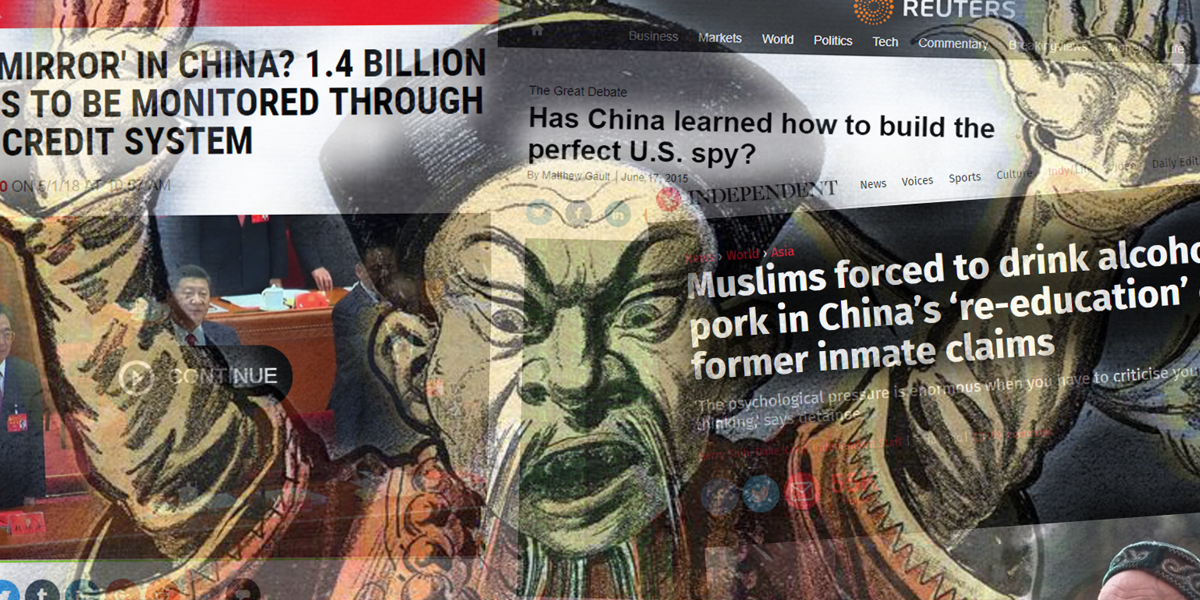
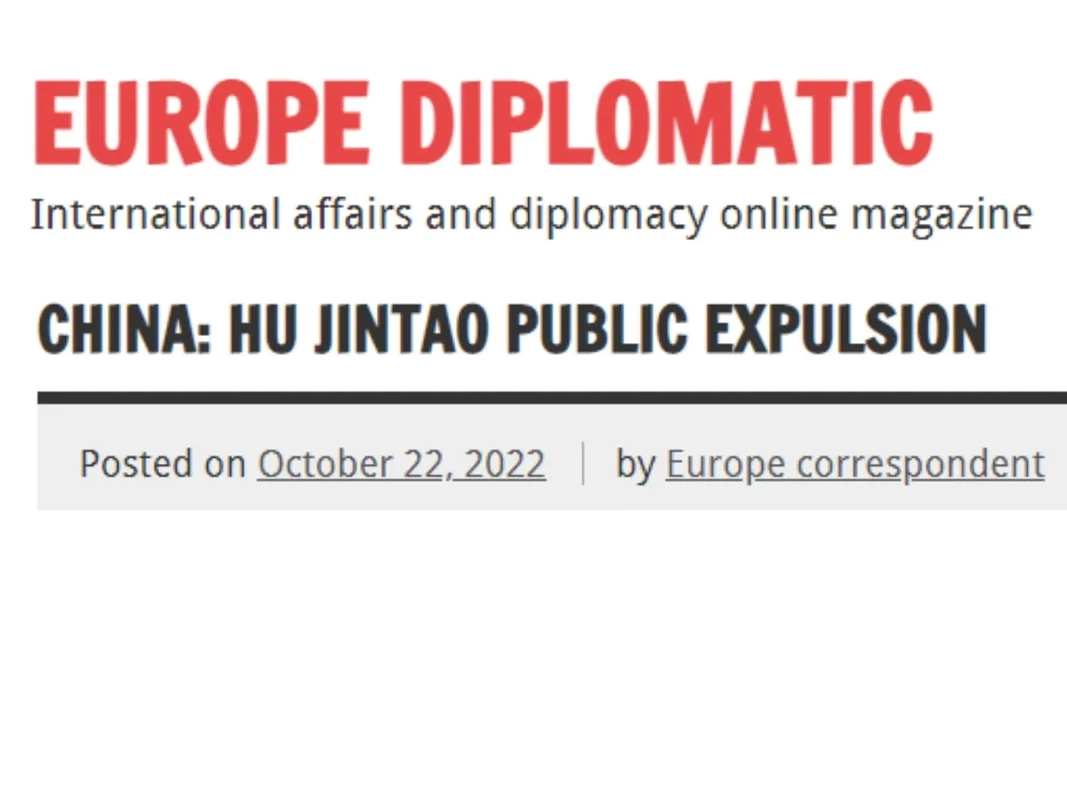
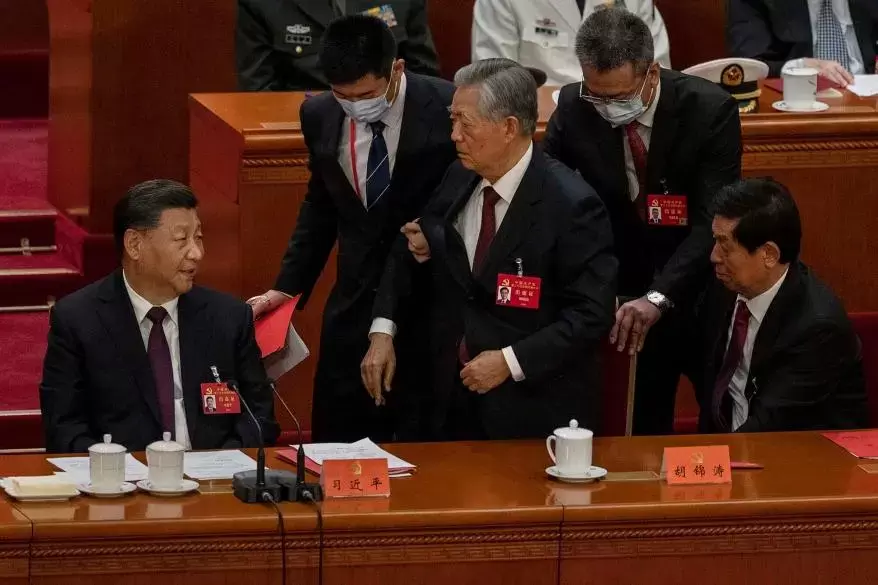
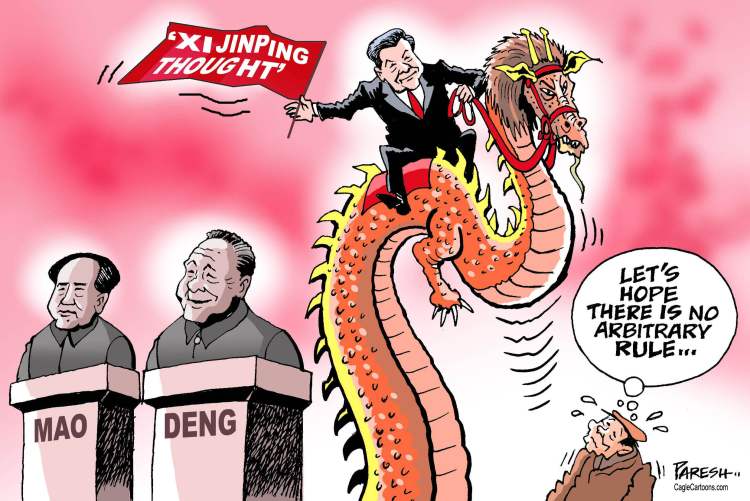
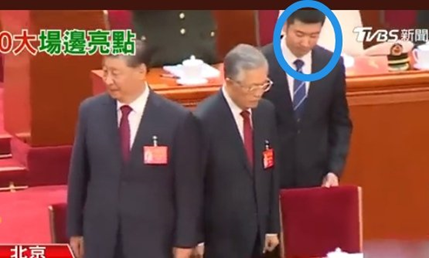
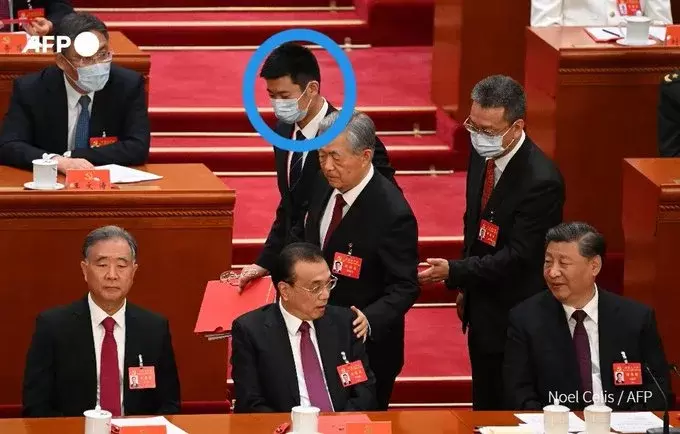
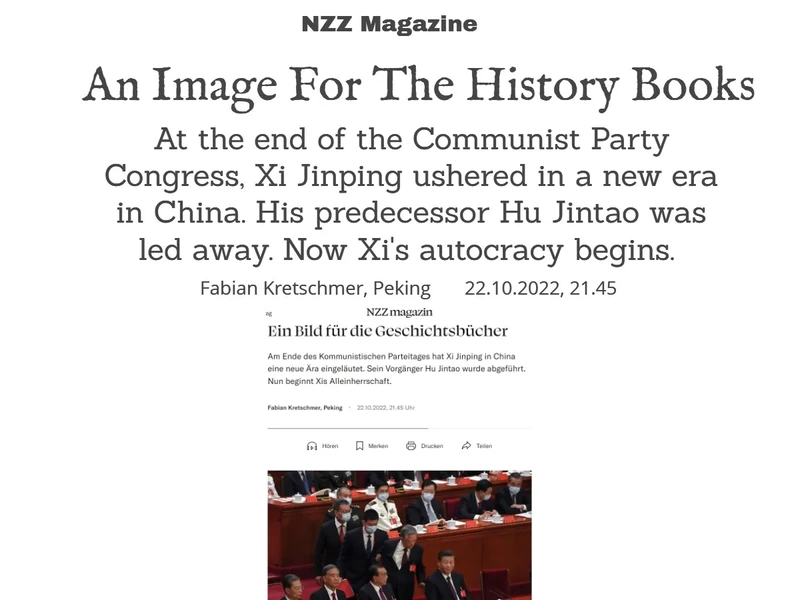
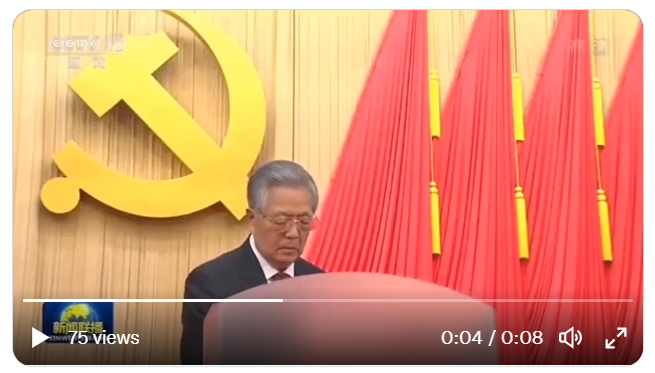
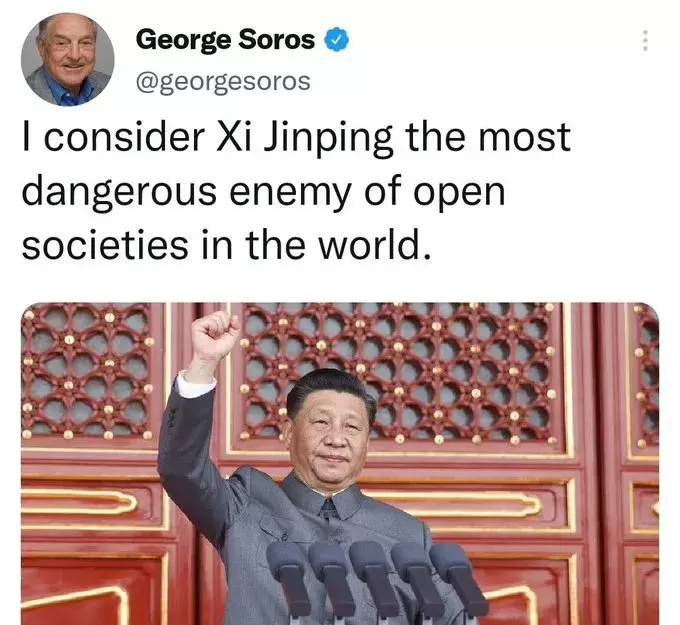
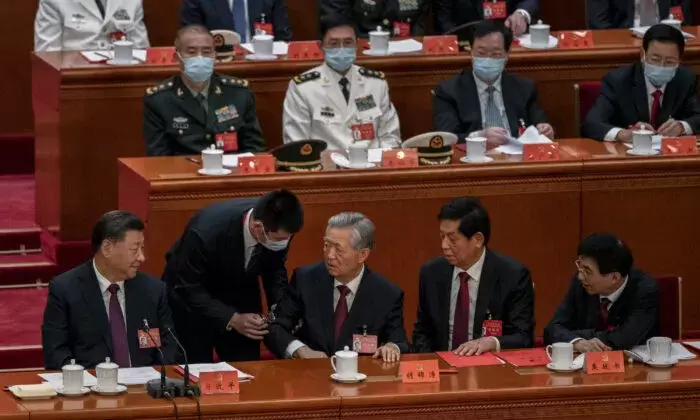
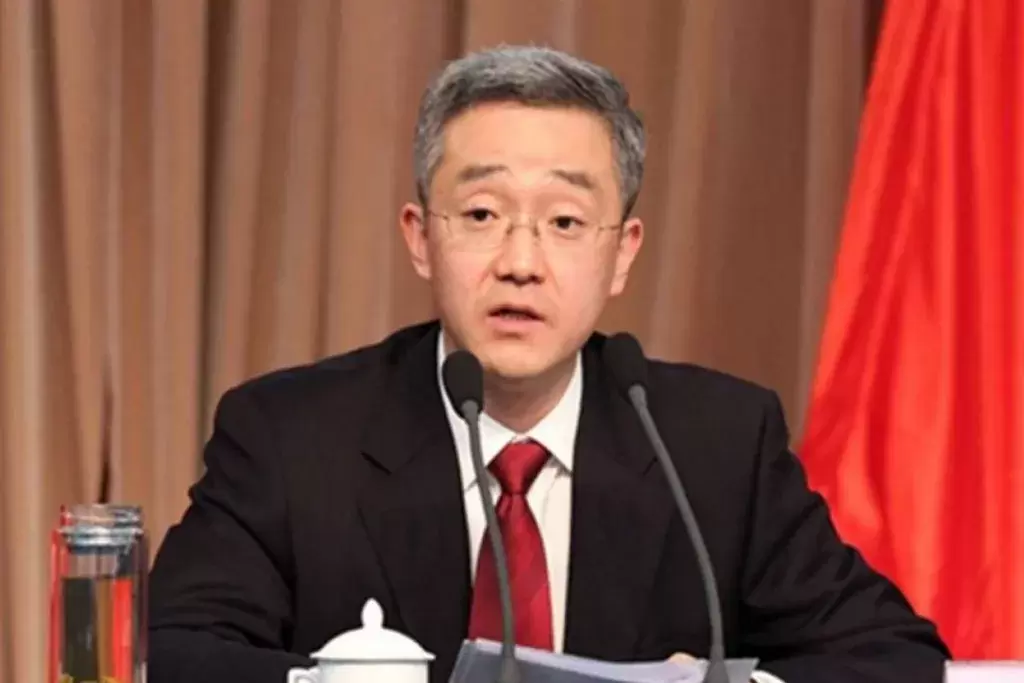
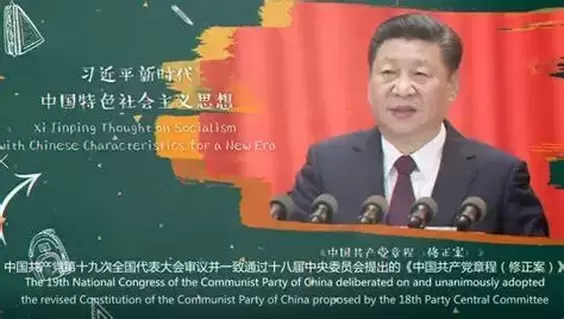
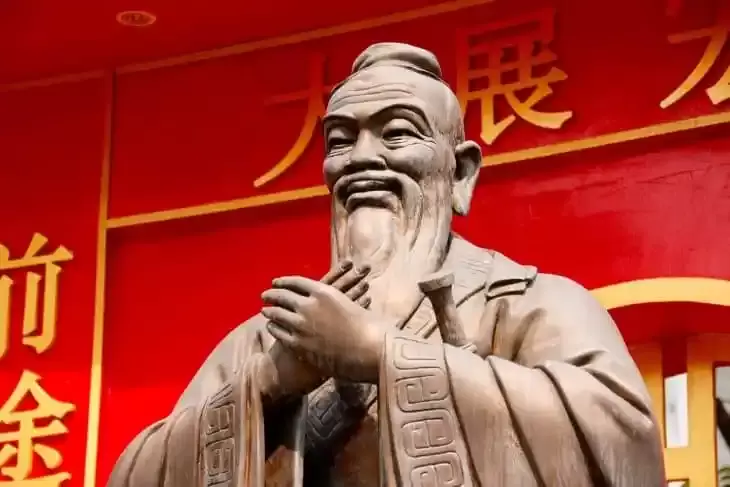
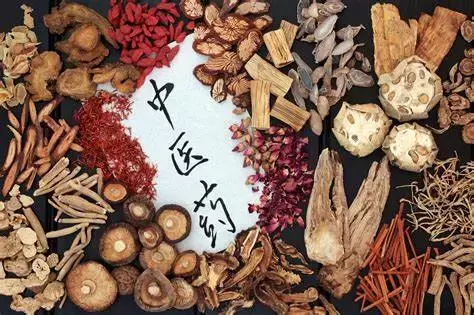
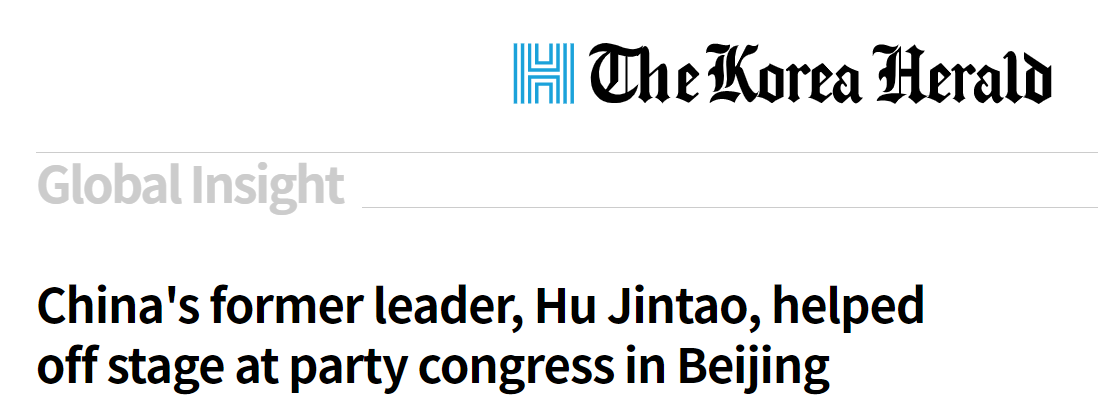
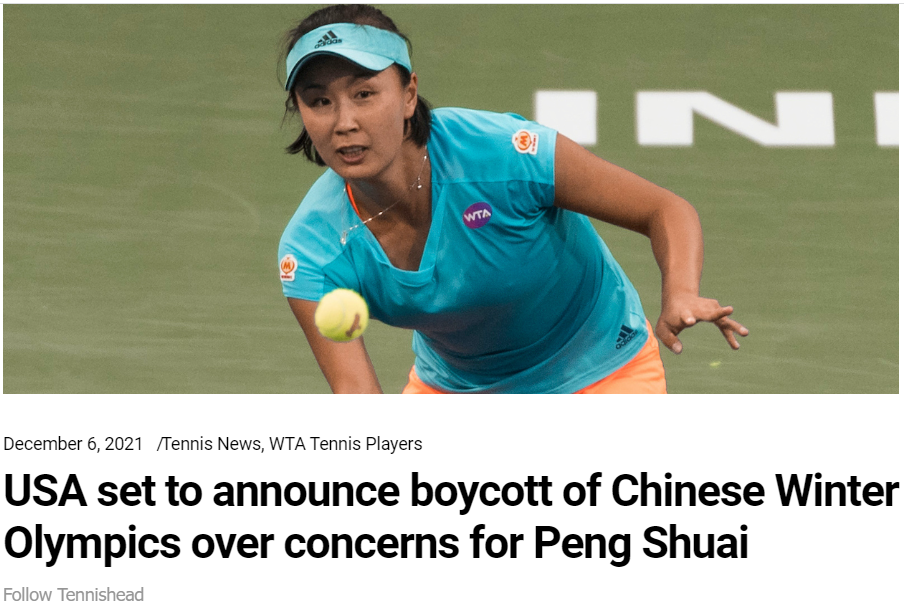
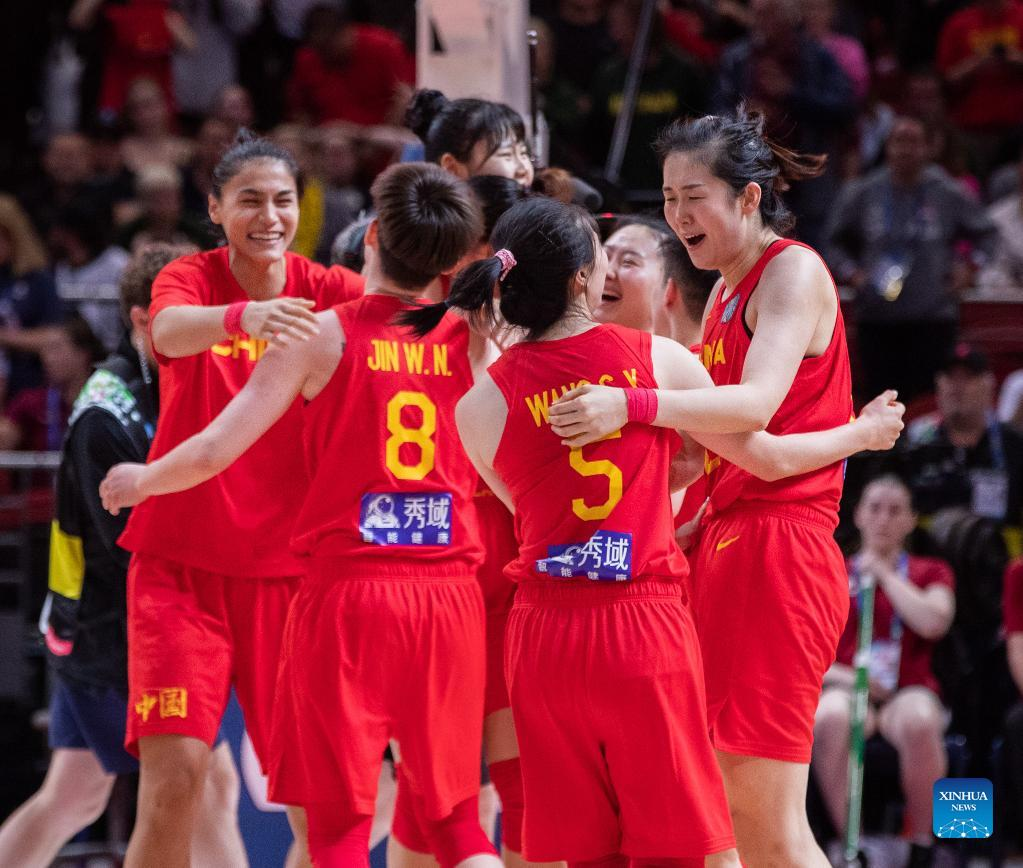
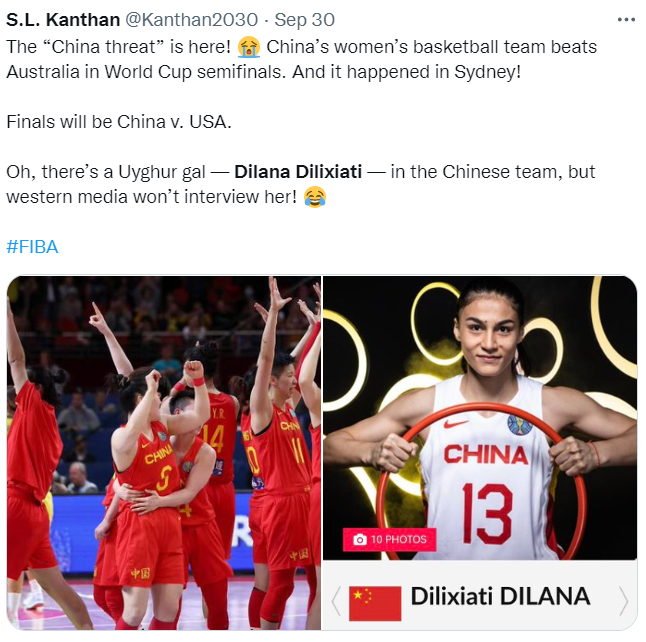
 RSS Feed
RSS Feed